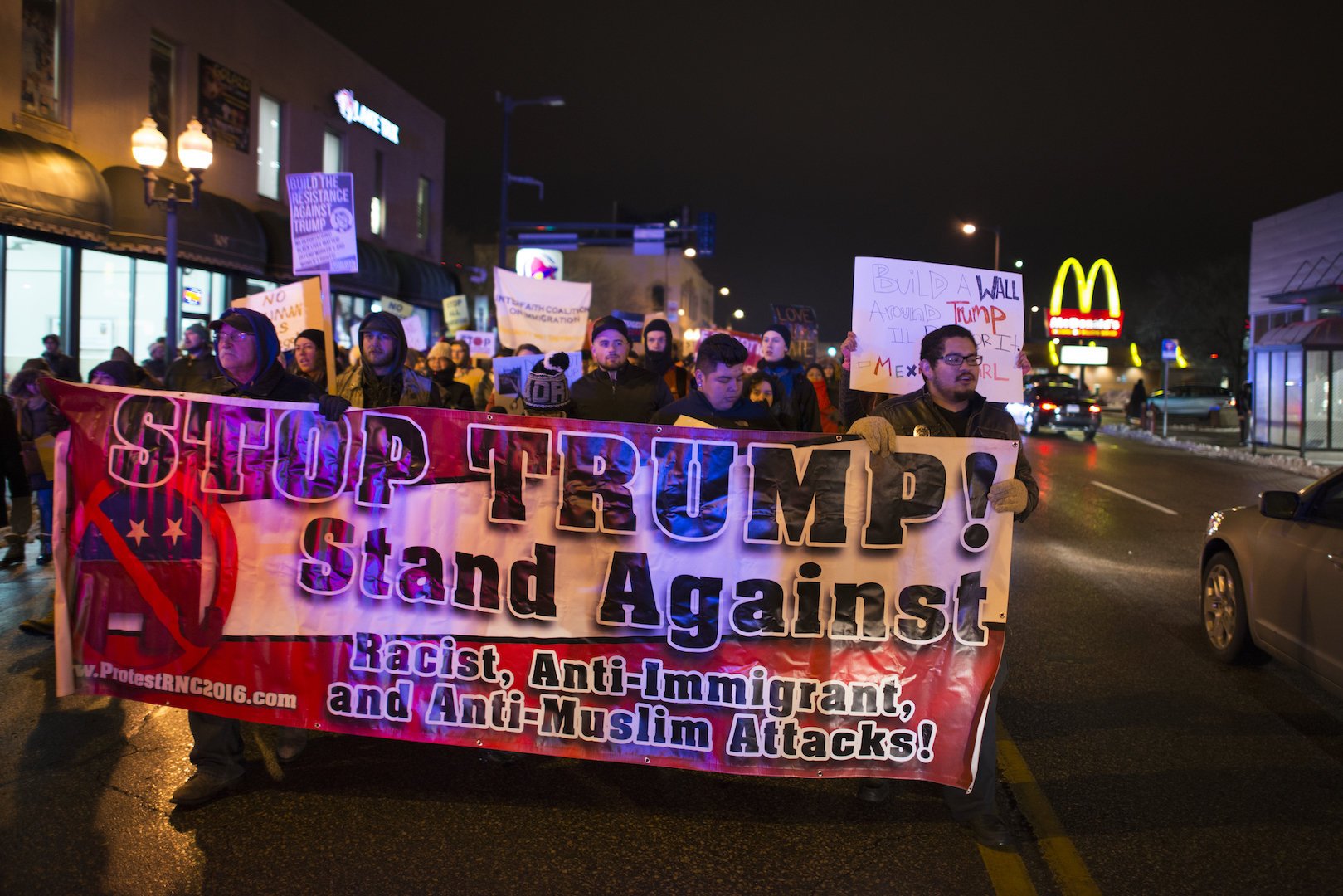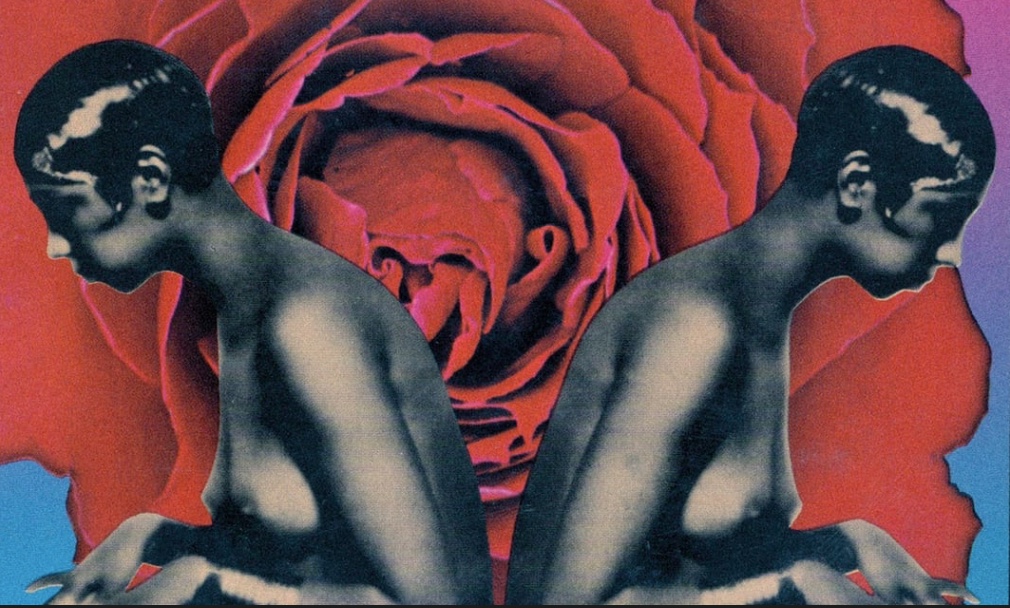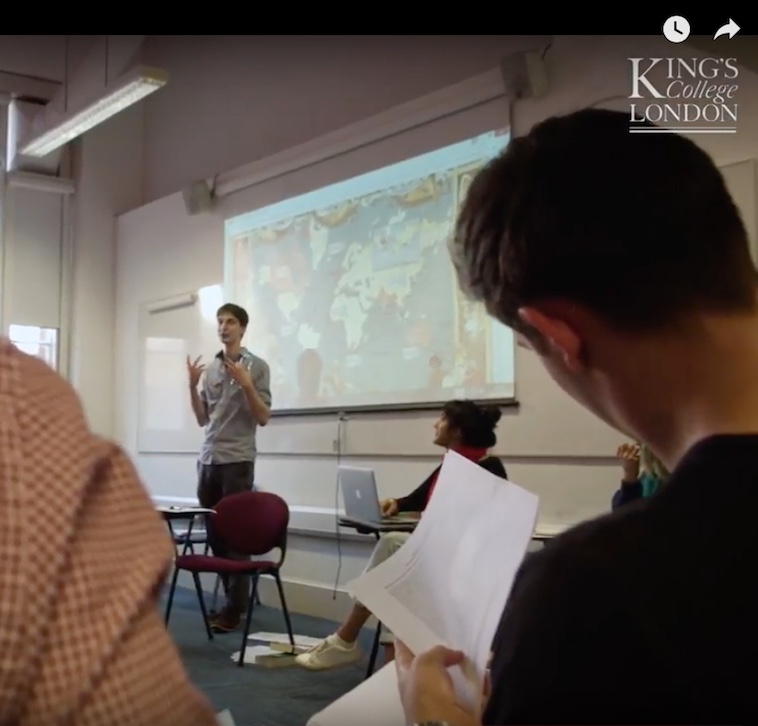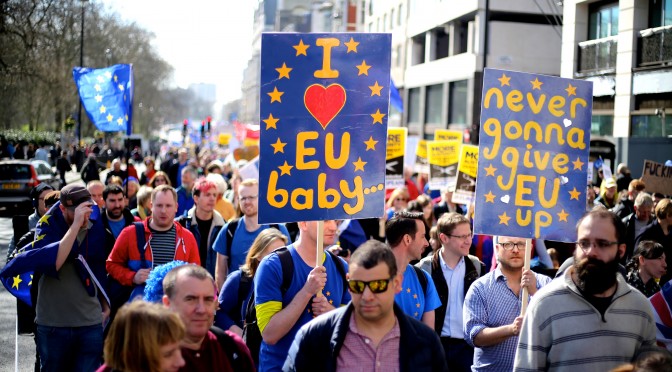by Sinéad Murphy and Diya Gupta, PhD researchers, Departments of Comparative Literature and English
“Teachers and students produce, reinforce, recreate, resist, and transform ideas about race, gender, and difference in the classroom.” – Chandra Talpade Mohanty, ‘On Race and Voice: Challenges for Liberal Education in the 1990s’, 1989
“Provoking students to think, really think, is one of the reasons we have universities in the first place.” – Stefan Collini, Guardian opinion piece ‘Brexit witch-hunt against universities reveals the right’s paranoid thinking’, 31 October 2017
In 2016, Oxford Dictionaries selected ‘post-truth’ as its international word of the year. This November, Collins Dictionary chose the term ‘fake news’ as word of the year for 2017 from a shortlist featuring ‘echo chamber’, ‘antifa’, and ‘Corbynmania’. The head of language content at Collins explained that “much of this year’s list is definitely politically charged, but with a new president in the US and a snap election in the UK, it is perhaps no surprise that politics continues to electrify the language.”

It is clear that the swing to the far-right in the US and the UK has come to dominate the basic language through which we understand our political reality. The urgency that these developments lend to current research in literature and language – and across the humanities broadly – was the subject of a meeting of the King’s research cluster ‘Colonial, Postcolonial and Transnational Cultures’ earlier this year.
Comprising academic staff and postgraduate researchers from the English and Comparative Literature Departments, this cluster is organised around three overarching themes: the ‘coloniality’ of language; spatiality and geographies; and the ways in which violence, brutality, atrocity or torture might condition our research projects.
What does it mean, to be ‘more political’…?
The twin events of Brexit and Trump’s presidency have provided a new dynamism to the teaching of literature; as Myka Tucker-Abramson stated resolutely in her presentation, “we in English departments have just become very, very relevant” in our capacity for critically analysing politics and culture. At the same time, the magnitude of the consequences of Brexit and the election of Trump has resulted in a sense of disbelief and dismay in most academic staff and students.
Dr Abramson shared an anecdote from a lively literary theory seminar she taught, during which one student worried that “theory doesn’t actually explain how the world works – none of these questions about race or gender really explain why Trump was elected. We need to be more political.”
What does it mean, to be ‘more political’ – not just as researchers, but as teachers? What biases might we or our students bring with us into the classroom, and what particular challenges might we face in navigating them? These and several other fundamental questions formed the basis of our discussion on teaching pedagogy in the age of Trump and Brexit.

A form of violence that shaped both research activity and teaching pedagogy for Leila Kamali was the idea of cultural appropriation. Dr Kamali observed the ways in which her students grapple with approaching literary texts from ‘inside’ or ‘outside’ a particular culture. This suggests that the polarised political landscape in which we now teach presents a challenge to understanding race as an ideological construct. Dr Kamali foregrounded Afro-diasporic narratives such as Ishmael Reed’s Mumbo Jumbo (1972) as critical tools through which to explore cultural identity in this context.
If it is important to examine how cultural identity is formed, teaching postcolonialism can be, as Nora Parr and Luke Roberts suggested, “a pedagogical practice that uses and forges tools to challenge and question orthodoxy.”
Does postcolonialism challenge us to rethink the political positions of ‘the left’ and ‘the right’ in our teaching? How much, in fact, does ‘the left’ and ‘ the right’ matter in the works we read, when we are taking a position of critique?
How can we complicate simplistic notions of politics without being reductive at the same time? And what are the best practices for fostering debate and discussion in the classroom without students feeling ‘shut down’? These valuable questions were teased out by Dr Parr and Dr Roberts. Assembling together thus provided a much-needed opportunity to reflect on how and why we teach, both for early-career researchers and more experienced practitioners.

Understanding transnationalism…
We then moved on to dicsuss how ideas of nationalism and transnationalism relate to Brexit and Trump’s presidency. Ed Sugden highlighted the difference between globalisation and transnationalism here, and argued for transnationalism remaining a structural way of viewing the world – a mode of critique and a mode of politics.
Our conversation also led us to consider the legacy of race, and that racial histories have life and longevity beyond the nation-state. Dr Abramson argued that it was important to demonstrate to students how interconnected the racial histories of the US and the UK are – for example, in classes about US slavery, UK cotton and finance should form a core part of discussions. This could then link to the relationship between racialised policing in the US and the UK both in the 1970s and today, to make students think about the connections between anti-black state violence and Islamophobia.
“The university has no history of its own; its history is the history of capital…”
What, then, is the role of the twenty-first-century university, the site of such intense debates and interconnected networks of knowledge? And what, as Dr Parr and Dr Roberts highlighted, does it really mean to teach fiction in a world where fake news now dominates? We considered for a while the significance of the 2009 communique of the Occupy movement at the University of California, which made the point that “The university has no history of its own; its history is the history of capital.” The university thus has never been a space outside the logic of capital; neither has it been a space outside the workings of history.

In an era of growing Islamophobia and the rise of a policing culture, will the university become the central ground for this unrolling to take place, evidenced for example in one MP’s demand for the names of ‘Brexit’ academics?
As Dr Abramson, discussing the effects of real-world politics like Trump’s election and Brexit on the classroom, emphasised in her presentation, “For the first time all semester, students realised that the entire goal of theory was to explain the world and if the theory didn’t work, they needed to become theorists.”
We concluded our discussions with a renewed sense of self-awareness as teachers. As PhD researchers in the world of academic teaching, we were motivated to find newer ways of eliciting student reactions to theoretical and literary texts. We could, for example, focus in a granular way on the texts’ own use of language, and use these words as portals into larger political, philosophical and theoretical questions. When we next walk into a seminar room, then, we will have a far more heightened realisation that the texts we teach, and the way we ask for responses to them, have profound effects on how students make sense of the world.
You may also like to read
What is to be done? The politics of reaction
People and Poems at Political Demos
Conspiracy and Enlightenment: ‘Speculations’ series at King’s
Blog posts on King’s English represent the views of the individual authors and neither those of the English Department, nor of King’s College London.

